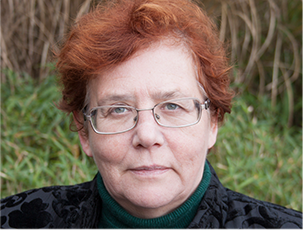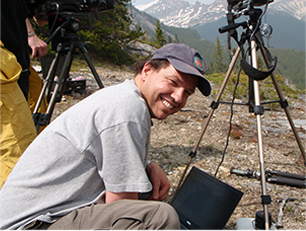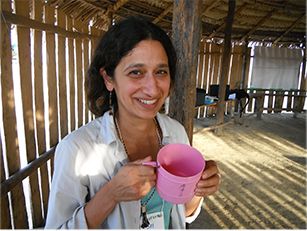The first part of the project is associated with the contribution to the global data collection effort and meta-analyses within the Centre, specifically by synthesising the limited number of existing available records from the Neotropics and applying new analytical approaches for disentangling fire-vegetation interactions. Within the centre, a new palaeofire database has been created. The RPD (Reading Palaeofire Database) allows an increased coverage of palaeofire the Neotropics to be assessed. The map below shows an example of current coverage within the RPD.

The second part of this project is associated with the contribution of new palaeofire data to improve coverage across the Neotropics. The history and diversification of South American ecosystems result from complex interactions between climate, ecological processes and human impact. Yet, the lack of continuous and spatially-representative palaeoecological series in many tropical regions limit our understanding of the long-term processes driving tropical ecosystem dynamics, such as for the Holocene expansion of savannas and the role of pre-Columbian communities in shaping vegetation structure and composition. This project will develop new high-resolution pollen and charcoal series in Guyana and integrate the long-term perspective with the available Indigenous knowledge on the use of fire in the region.
This project will use the environment proxies of charcoal and pollen. These can be extracted through the collection of sediment cores. After processing the sediment in a laboratory, the pollen grains within the sediment can be analysed to interpret past vegetation patterns. These microscope slides also contain microscopic charcoal which can be analysed to suggest past fire events.
Project timeline: 2020-2024











